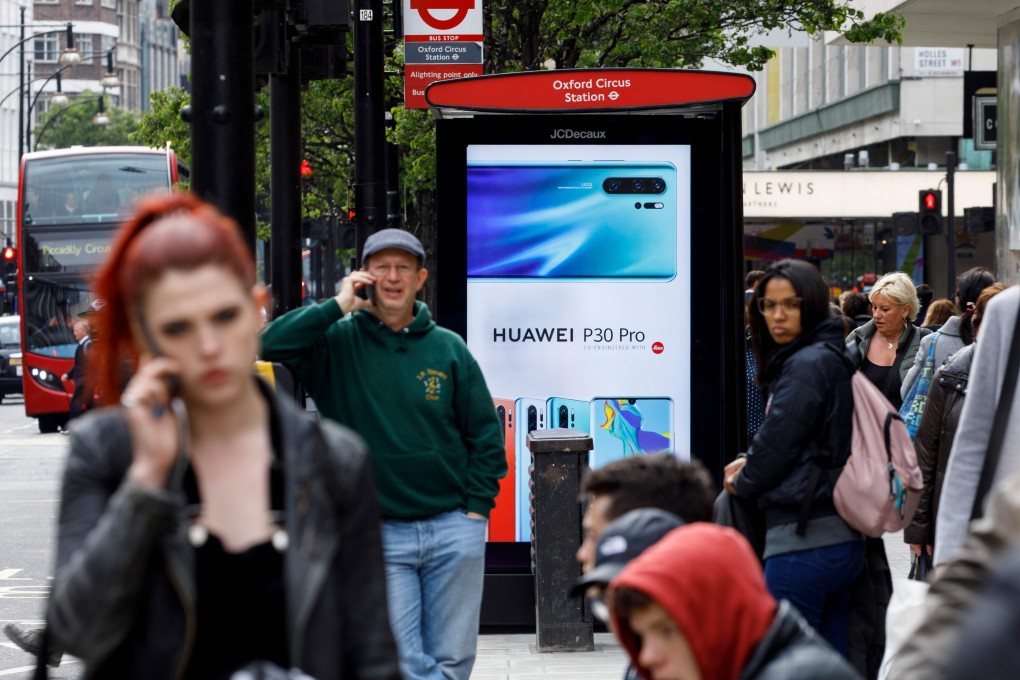Opinion | How the rise of Chinese tech companies offers hope for a clean internet by ending US dominance
- While the US is urging its allies to purge Chinese companies from the internet under its ‘clean network’ programme, the dominance of US tech firms and their dismal track record in protecting privacy is the real threat to people and countries everywhere

US Secretary of State Mike Pompeo says the programme is a “comprehensive approach to guarding our citizens’ privacy and our companies’ most sensitive information from aggressive intrusions by malign actors, such as the Chinese Communist Party”, addressing “the long-term threat to data privacy, security, human rights and principled collaboration posed to the free world from authoritarian malign actors”.
It aims to prevent Chinese smartphone manufacturers from pre-installing, or otherwise making available for download, US apps on Chinese apps stores. It will try to prevent US citizens’ personal information and businesses’ intellectual property, including Covid-19 vaccine research, from being stored and processed on Chinese cloud-based systems.

03:07
Stop offering ‘untrusted’ Chinese apps like TikTok and WeChat, Washington urges US tech companies
